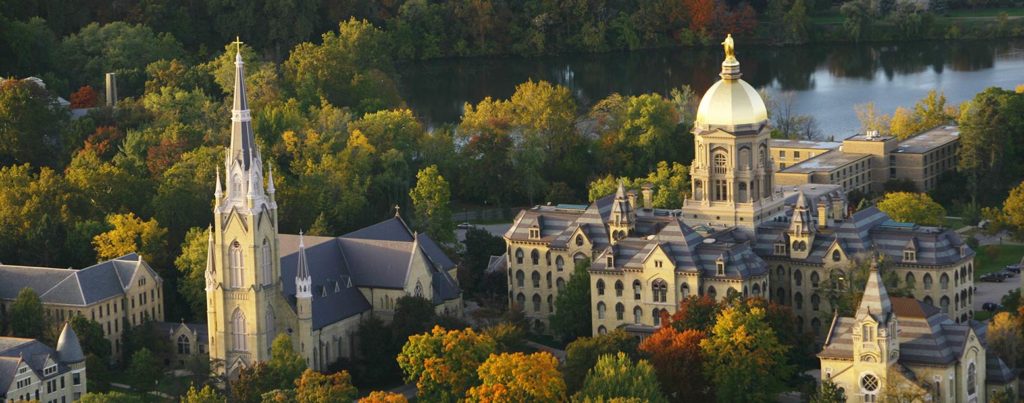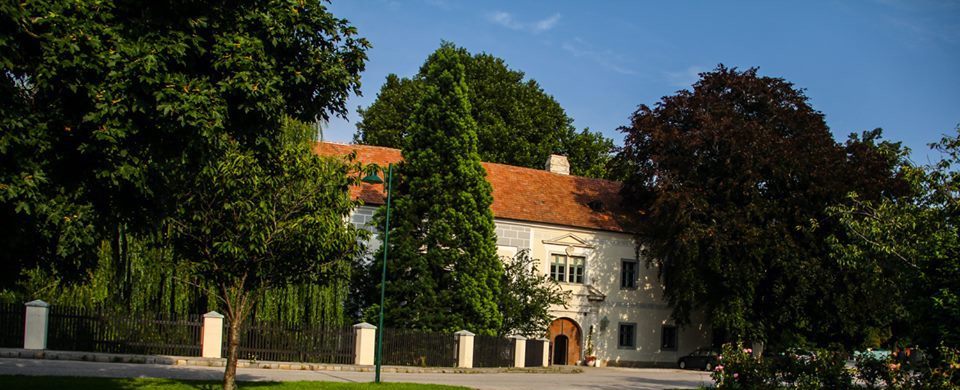Our Seminars / Admission process
Summer Seminar for the Study of Western Institutions
Admission process
1
PRE-REGISTRATION
Begin your application process immediately by filling out the Pre-Registration Form here.
Remember that enrollment is limited and applications will be considered on a first-come, first-served basis.
2
APPLICATION
The deadline for submissions is March 24, 2024. Following this date, only a limited number of late applications motivated by exceptional circumstances will be considered.
FIRST-YEAR STUDENTS
After submitting your pre-registration form you will receive an email with an invitation to join the Application process, where you will be asked to send:
- Thoughtful answers to four questions regarding you and your interest in the Phoenix Institute Summer Programs. You will receive the questions in the invitation email.
- A ninety-second video about yourself.
- A one-page resumé.
Please notice that you will receive the specific instructions for these assignments in the invitation email.
SECOND-YEAR AND THIRD-YEAR STUDENTS
After submitting your pre-registration form you will receive an email with further instructions.
3
INTERVIEW
After completing the above-mentioned steps, all first-year students will be interviewed by a Phoenix Institute representative.
After submitting your pre-registration form, second-year and third-year students will receive an email with further instructions regarding your registration process.
4
NOTIFICATION OF ACCEPTANCE
All candidates, including second-year and third-year students, will be informed by email whether they have been accepted, rejected, or placed on a waiting list.
5
INITIAL PAYMENT
Once you have been notified that you are accepted, you will have 72 hours to complete your enrollment by making a 300 USD non-refundable initial payment.
All initial payments should be paid by May 15, 2024.
6
REGISTRATION PROCESS – FINAL STEPS
After your initial payment is made, you will receive instructions on the final steps you will need to take to complete your registration to the summer program. Failing to follow them will void your enrollment.



